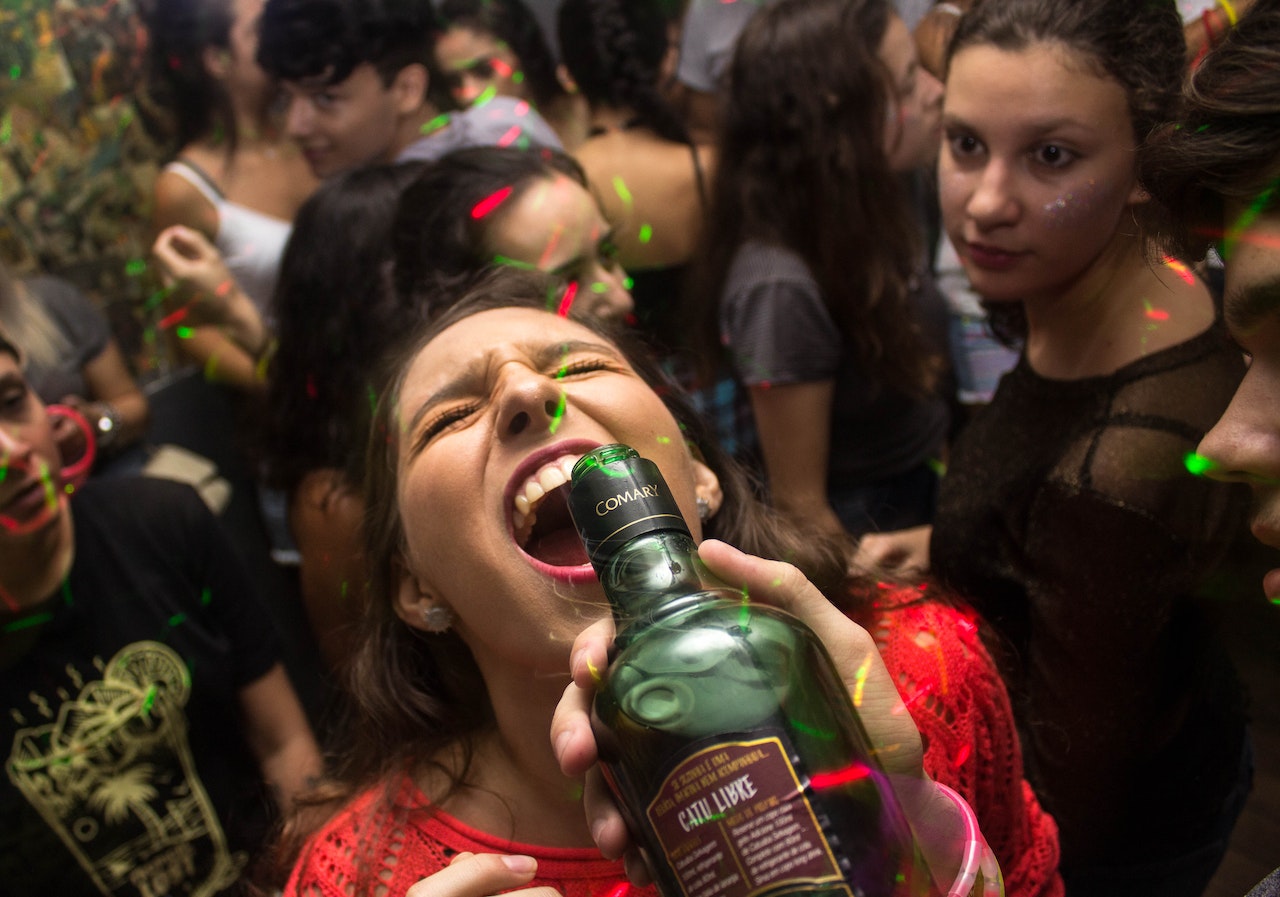Alcohol consumption has been deeply rooted in various cultures throughout history. People engage in alcohol consumption for a multitude of reasons, which can be influenced by personal experiences, societal norms, and other factors. Gaining a comprehensive understanding of the underlying motivations behind alcohol consumption is vital for addressing alcohol-related issues and promoting responsible drinking habits. In this article, we will delve into several factors that contribute to alcohol consumption, exploring topics such as past experiences, stress, social norms, environment, accessibility, rebellion, peer pressure, and the pursuit of fun.
Past Experiences: Shaping Perception and Expectations
One crucial factor that significantly shapes an individual’s alcohol consumption behavior is their past experiences with alcohol. Positive experiences with alcohol can create a favorable perception and expectation of drinking. Fond memories of enjoyable social interactions or memorable celebrations involving alcohol may increase an individual’s motivation to continue drinking. Conversely, negative experiences such as encountering alcohol-related problems or witnessing the adverse consequences of excessive drinking can deter individuals from consuming alcohol altogether.
Related Link: Higher Alcohol Consumption Tied to Muscle Loss
Stress: Seeking Temporary Relief
Alcohol consumption often becomes a coping mechanism for individuals experiencing high levels of stress. When faced with challenging and stressful periods in life, people may turn to alcohol as a temporary escape from their negative emotions. The relaxation and relief alcohol provides can alleviate anxiety and stress, offering a respite, at least momentarily. However, it is essential to note that relying on alcohol as a coping mechanism can lead to unhealthy drinking patterns and may worsen stress-related problems in the long run.
Looking to collaborate on creating a more inclusive healthcare landscape? Contact us to join our initiatives.
Social Norms: Conformity and Expectations
Alcohol consumption patterns are significantly impacted by social norms to a significant degree. Alcohol is frequently and closely associated with social events and gatherings in many different communities. At social gatherings such as birthday parties, weddings, and other celebratory events, it is both customary and expected that alcoholic beverages will be served. The influence of social norms can be significant, as evidenced by the fact that some people feel compelled to drink in order to conform to societal expectations or to fit in with their peers. Some evidence suggests that the normalization of drinking alcohol in specific settings can contribute to an increased propensity for drinking.
Environment: Cues and Influences
It is possible for individuals’ drinking behavior to be influenced by the environment in which they are exposed to cues related to alcohol. The depiction of alcohol in advertisements, television programs, and other forms of media can give people a sense of craving and desire to consume alcohol if they already have an existing drinking problem. On the other hand, the consumption of alcoholic beverages can also be impacted by extraneous elements such as financial considerations. According to a number of studies, there is evidence that lowering overall alcohol consumption can be achieved by taxing alcoholic beverages at higher rates. Both positive and negative economic incentives have the potential to sway individuals’ decisions regarding their alcohol consumption.
Related Link: Rehab Care for Opioid Addiction Often Tough to Find: Study
Accessibility: Convenience and Availability
A straightforward reason for alcohol consumption is its accessibility. Alcoholic beverages are readily available in most communities, with supermarkets, liquor stores, and bars offering easy access. The availability of alcohol contributes to its consumption, as individuals can obtain it conveniently for socializing, relaxation, or personal enjoyment. Recognizing the importance of responsible alcohol sales and distribution practices is crucial in promoting healthy consumption habits.
Act of Rebellion: Defying Norms
For some individuals, drinking alcohol serves as an act of rebellion against societal norms or authority figures. This motivation is particularly prevalent among young people, especially teenagers who are in the process of establishing their identity. Drinking alcohol can be perceived as a way to defy rules and demonstrate independence or uniqueness. Understanding the underlying reasons behind this rebellious behavior is crucial in providing alternative avenues for self-expression and identity formation.
Peer Pressure: The Influence of Others
Peer pressure holds significant sway over alcohol consumption, affecting individuals across various age groups. The fear of isolation or rejection from a social group can drive individuals to engage in activities they might not otherwise choose, including excessive drinking. Teenagers, in particular, are more susceptible to peer pressure, which can heighten their vulnerability to alcohol addiction. Educating young people about the potential risks and consequences of alcohol consumption is crucial, empowering them to make informed decisions.
For Fun: Seeking Enjoyment and Relaxation
One commonly cited reason for alcohol consumption is the pursuit of fun and enhanced social experiences. Many people associate drinking with enjoyment and a sense of lightheartedness. Being under the influence of alcohol can create a temporary feeling of happiness and relaxation, making social situations more enjoyable. However, it is essential to promote responsible drinking and emphasize alternative ways to have fun without relying solely on alcohol.
Interested in receiving regular updates on the latest medical news? Subscribe to our newsletter for updates.
Understanding Alcohol Consumption
Alcohol consumption is influenced by a multitude of factors, ranging from personal experiences and stress to social norms and accessibility. Understanding the motivations behind alcohol consumption is crucial for developing effective strategies to address alcohol-related issues and promote responsible drinking habits. By recognizing the diverse factors that contribute to alcohol consumption, we can work towards creating a culture that encourages moderation and informed decision-making and prioritizes overall well-being. Providing individuals with the necessary support, education, and resources to make healthier choices regarding alcohol consumption is paramount.
Related Link: Neural, Vascular Integrity of Retina Differs in Schizophrenia











